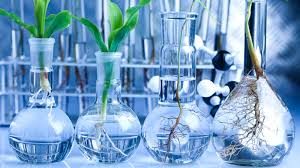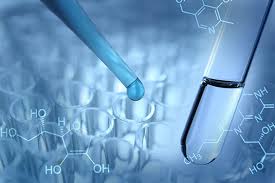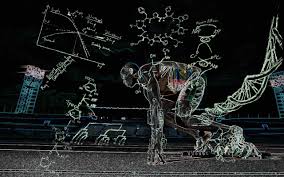Parallel Major
Megan McInerney
Introduction to the Health Professions
Professor Truax Armstrong
November 30, 2017
Parallel Major
Should I be rejected from the nursing program or change my mind, I plan to change my major to biochemistry. This scientific discipline was first occurred when Anselme Payen discovered the enzyme, amylase. The enzyme was the first proof that chemical reactions take place within the bodies of living things. I chose biochemistry because I love working with the sciences, specifically anatomy and chemistry. By the end of my education, I would like to be qualified as a veterinarian or other medical professional. Biochemistry has proven to be a competitive and relevant major which can also allow me to earn a living while paying my own way through medical school.
There are many well paying degrees which can be pursued with biochemistry. Primarily, biochemistry leads to careers in the research field. I would like to pursue a career in clinical research. As a clinical research associate with my bachelors, I would help research conductors by designing case record forms, ensuring that trial supplies are accounted for, monitor trials throughout their duration and take detailed notes, and prepare progress reports for studies. I feel that this would still be a fulfilling and beneficial career while working towards my veterinary degree because it will still get me involved in the healthcare field. There is also room for me to move upward in research positions fairly quickly when starting as a clinical research associate, depending on my work ethic and education. However, as a starting wage, I could earn between $46, 600 and $63, 000 annually.
To switch from nursing to biochemistry will require very heavy science courses. Fortunately, all of the credits I am currently taking and will be taking next semester satisfy requirements for both nursing and biochemistry credits. In addition, my philosophy and technology general education requirements also overlap, so I will be able to satisfy both programs with one class in these areas. Some adjustments that I will need to make to my curriculum in order to plan ahead is to take a written communications class, a public speaking class. For my biochemistry major requirements, I will need Foundations of Chemistry I and II, two semesters of organic chemistry and organic chemistry lab, analytical chemistry and lab, physical chemistry I and II, biochemistry lab and lecture, intermediate biochemistry, and a chemistry and biochemistry seminar. This will most likely be done with an extra year of school and done during summer semesters at home in Northern Virginia at my community college.
I could gain professional experience relating to biochemistry next semester by pursuing a job in a chemistry or even biochemistry lab or other class as an assistant. This would allow me to earn money while in school, work on campus, and build my resume with a very relevant job for both nursing and biochemistry. I plan to go to the Career Development Services office and ask about employment opportunities next semester so that I can begin to gain professional experience and form connections on campus. In relation to connections on campus, the chief departmental undergraduate advisor for chemistry and biochemistry is Dr. Pinky McCoy. As the program director, he can tell me any other requirements I should be working to satisfy and can tell me more about the biochemistry major itself.
